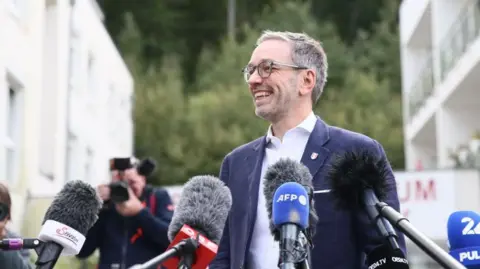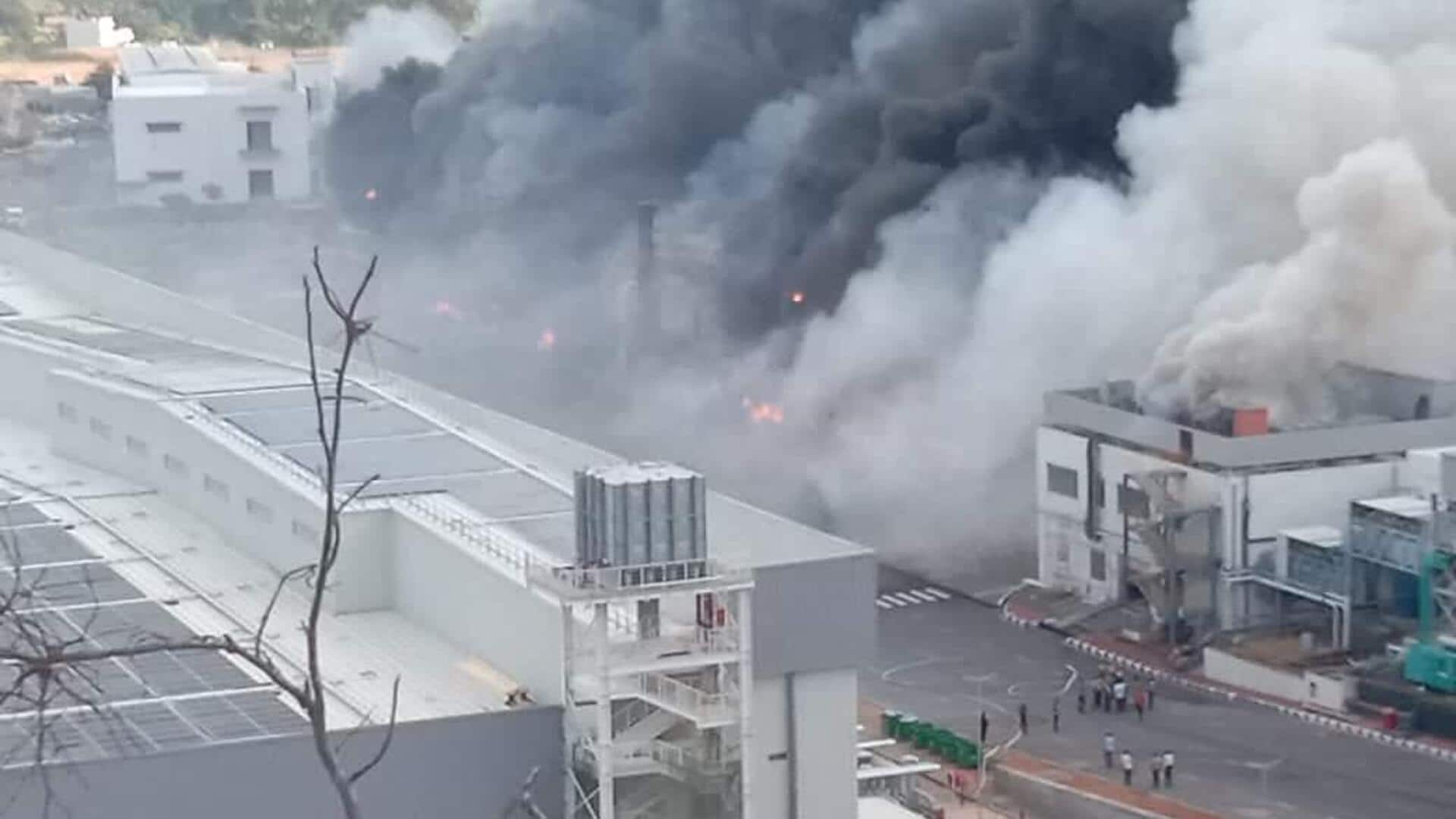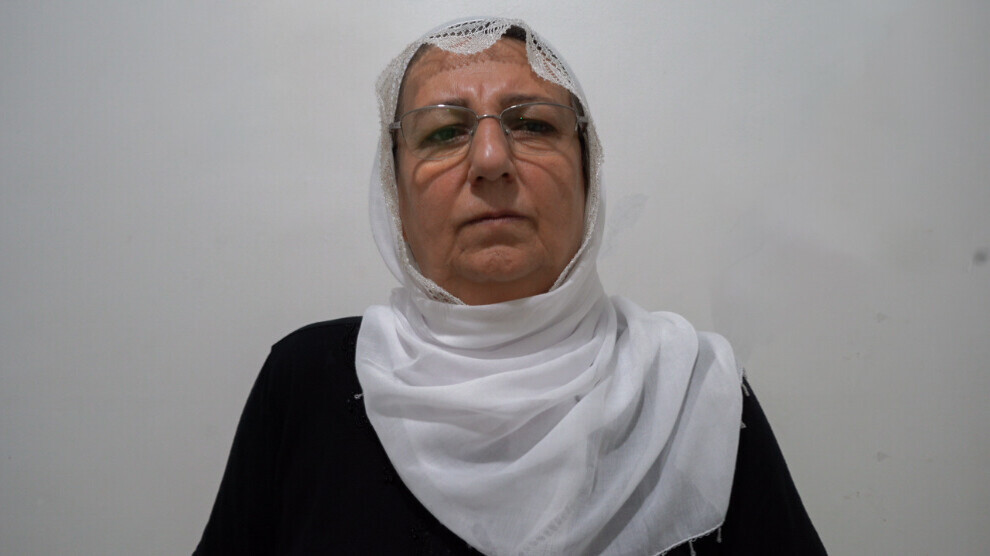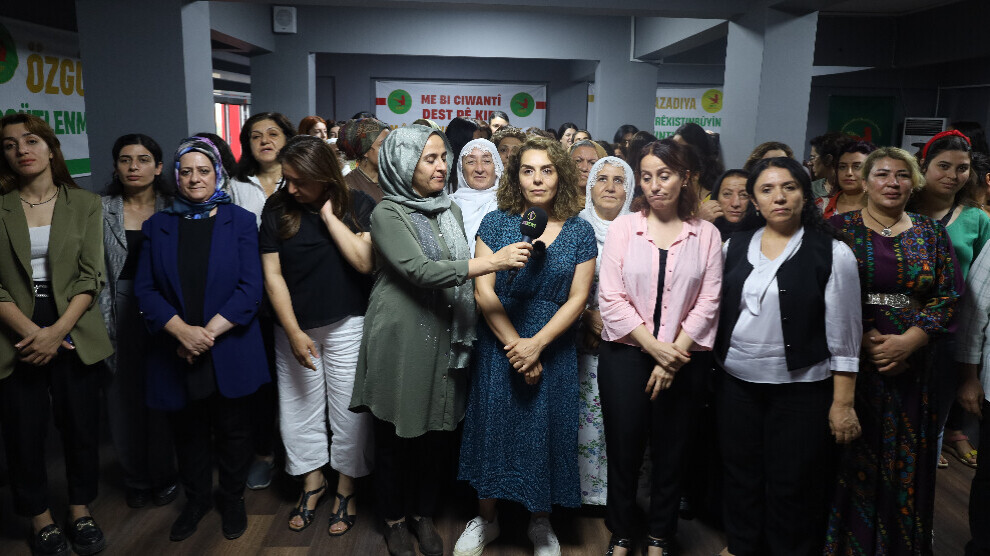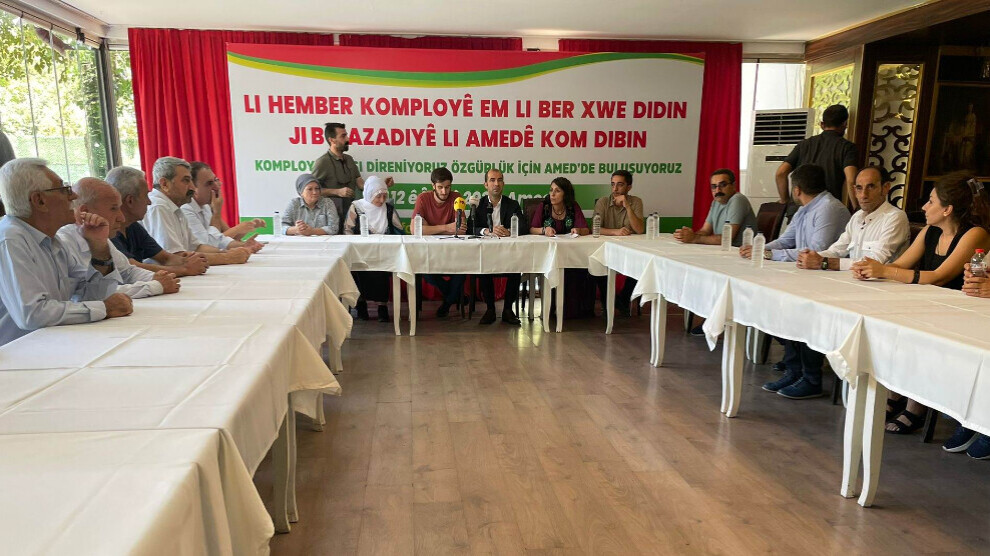Agence France-Presse
September 29, 2024

Starmer accepted free gifts and hospitality worth more than £100,000 © LEON NEAL
The new government of UK Prime Minister Keir Starmer reeled from its first resignation Saturday, as lawmaker Rosie Duffield quit the Labour Party, accusing him of "hypocrisy" over his acceptance of free gifts.
In a blistering resignation letter, Duffield denounced Starmer for pursuing "cruel and unnecessary" policies.
"The sleaze, nepotism and apparent avarice are off the scale," she wrote, after it emerged earlier this month that Starmer had accepted more than £100,000 in gifts and hospitality while cutting an annual £300 winter heating payment to some 10 million pensioners.
"I am so ashamed of what you and your inner circle have done to tarnish and humiliate our once proud party.”
Duffield said the "hypocrisy" of a leader enjoying expensive free clothing and outings while asking others to tighten their belts was "staggering".
She also attacked the prime minister's decision to maintain a cap on a benefit aimed at supporting families with children.
"Someone with far-above-average wealth choosing to keep the Conservatives’ two-child limit to benefit payments which entrenches children in poverty, while inexplicably accepting expensive personal gifts of designer suits and glasses costing more than most of those people can grasp –- this is entirely undeserving of holding the title of Labour Prime Minister,” she wrote.
Duffield said that she would in the future sit as an independent MP "guided by my core Labour values".
The row over the free gifts from rich donors had already cast a shadow over the party's first conference since they returned to government.
Labour ousted the Conservatives in a landslide election win in July after 14 years in opposition.
But instead of toasting their victory at the conference earlier this week, ministers found themselves on the backfoot and facing anger from the normally supportive unions.
- Financial 'black hole' -
All of the gifts accepted by Starmer had been declared and none fall foul of parliamentary rules.
But records show that Starmer accepted more than £100,000 ($132,000) in gifts and hospitality since December 2019, more than any other lawmaker.
It also emerged that Deputy Prime Minister Angela Rayner accepted the loan of a New York apartment for a holiday and that Chancellor Rachel Reeves accepted around £7,500 worth of clothing.
Reeves and the Labour party have defended the abolition of the £300 payment to many pensioners to help them heat their homes, citing a need to fill a "£22 billion black hole" they say was left by the Conservatives.
Attacking Starmer's "managerial and technocratic approach" in her letter, first reported in The Sunday Times, Duffield also reproached Starmer for poor politics.
His "lack of basic... political instincts" had "come crashing down on us as a party after we worked so hard, promised so much, and waited a long 14 years to be mandated by the British public".
Starmer lost a symbolic vote at the conference demanding that he reverse the contentious policy.
The vote was non-binding but its outcome was nonetheless embarrassing for the premier.
It highlighted the strength of feeling among activists and union backers.
Delegates narrowly backed a union motion calling for the cut to be reversed.
"I do not understand how our new Labour Government can cut the winter fuel allowance for pensioners and leave the super rich untouched," said the Unite union general secretary Sharon Graham.
Canterbury MP Rosie Duffield quits Labour Party over ‘sleaze, nepotism and greed’
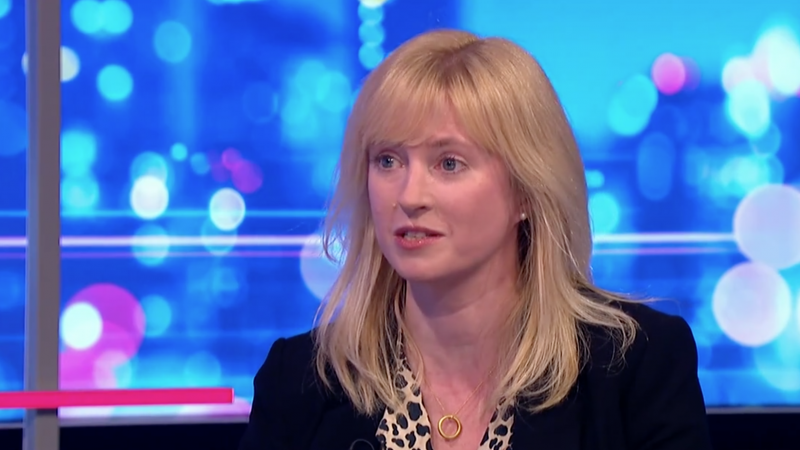
Rosie Duffield, MP for Canterbury, has resigned as a Labour MP, condemning “cruel and unnecessary policies” of the government and a row over donations and gifts received by Keir Starmer.
In a letter to the Prime Minister, Duffield, who has served as the MP for the Kent constituency since 2017, she said: “The sleaze, nepotism and apparent avarice are off the scale. I am so ashamed of what you and your inner circle have done to tarnish and humiliate our once proud party.”
The Times reports that the letter also condemned the decision to retain the two-child benefit cap and means test the winter fuel payment.
She wrote: “Forcing a vote to make many older people iller and colder while you and your favourite colleagues enjoy free family trips to events most people would have to save hard for — why are you not showing even the slightest bit of embarrassment?”
Duffield also said that the Prime Minister’s “managerial style, technocratic approach and lack of basic politics and political instincts have come crashing down on us as a party”.
“How dare you take our longed-for victory, the electorate’s scared and precious trust and throw it back in their individual faces and the faces of dedicated and hardworking Labour MPs?!,” she added.
Her letter ends: “I hope to be able to return to the party in the future, when it again resembles the party I love, putting the needs of the many before the greed of the few.”
The move comes just 85 days after her re-election as a Labour MP, with an increased majority of over 8,500 votes. She will now sit as an independent MP in the House of Commons.
Duffield has attracted criticism among some in the party for her gender critical views and had previously said in January 2022 that she was “considering her future in the Labour Party very carefully” due to “harassment” by party members and a supposed lack of support from the party leadership.
Duffield faces calls to trigger by-election
NEC member Jess Barnard told LabourList said: “Like most LGBTQ+ members I’ll be glad to see the back of Rosie Duffield.
“She has for a long time played a significant role in creating a hostile environment for trans people in the Labour Party and she should’ve had the whip removed a long time ago.
“Despite herself accepting financial gifts and freebies, it’s hard to believe this is her red line. Let this be a lesson to Starmer placating opportunists like Rosie will never pay off and Labour should never tolerate transphobia.”
Barnard also questioned why Duffield did not vote against the two-child benefit cap or speak out at conference over the winter fuel allowance.
“It goes without saying she should stand down and trigger a by-election,” Barnard said.
Another NEC member, Abdi Duale, posted on social media: “Funny how people find their principles after winning five more years in Parliament.”
Praful Nargund, Labour councillor in Islington and the party’s candidate in Islington North at the general election, said: “If you get elected with a red rosette and then quit the party, on a principle you should resign and call a by-election.”
‘She should never have been allowed the privilege of resigning’
Labour MP Nadia Whittome said Duffield should “never have been allowed the privilege of resigning” and said Labour should have withdrawn the whip “long ago”.
She said: “No matter your views on her stated reasons for quitting, Rosie Duffield has made a political career out of dehumanising one of the most marginalised groups in society.”
The Labour for Trans Rights group heralded Duffield’s decision to quit the party and said: “This is a massive step towards a more trans-inclusive Labour Party. There is so much more to do, but tonight is going to be a good one.”
According to Joe political correspondent Ava Evans, one Labour MP has said it had been long assumed Duffield would resign the Labour whip post-election and questioned why she had been selected as a candidate for the general election.
Duffield is the eighth MP to have been elected as Labour now sitting as an independent, with seven others having the whip removed over backing an amendment to the King’s Speech.
Her resignation from the Labour Party comes days after the conclusion of the party’s annual conference in Liverpool and a day before the start of the Conservative Party conference in Birmingham.
The Labour Party has been approached for comment.





